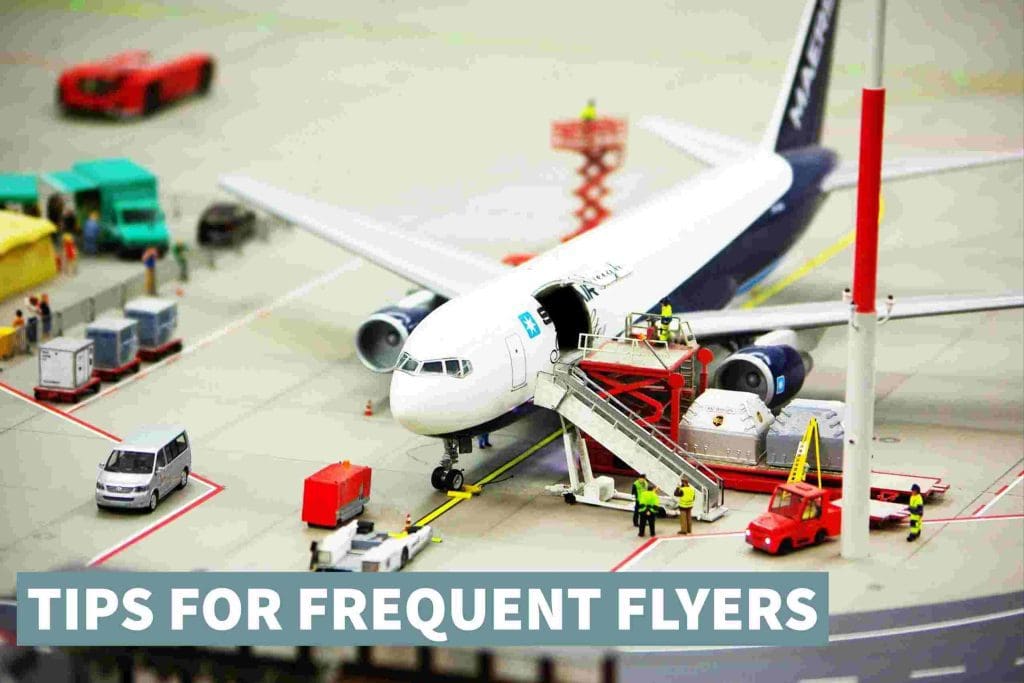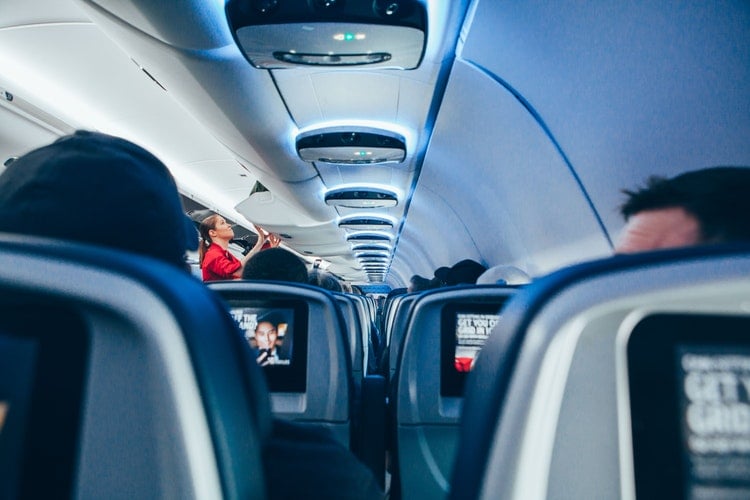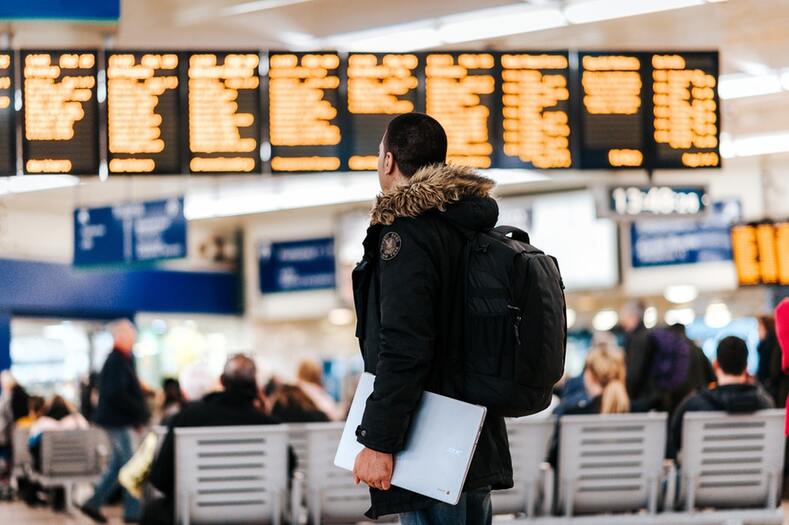How Companies Support Their Staff During Business Trips

We all love travelling. Magic happens when you visit far-away places and business trips are no exception. You go to a new place and meet new people, you try new foods and you make important decisions during your trip. Business trips give a sense of achievement and an even greater sense of satisfaction.
However, a work trip can also be extremely exhausting. You hear the words ‘corporate travel’ and imagine a glamorous trip, business class, expensive whisky and nights of being wined and dined as you see on TV. But for most corporate travellers, it’s not as glamorous as it sounds. There are no special comforts involved, no special treatment and no expensive whisky unless you’re footing the bill yourself. It can be a stressful and tiring trip that can completely exhaust you.
This is why companies are considering special schemes to reduce employee burnout for their frequent travellers as well as those who have relocated for work.
First, let’s break this down. The exhaustion is very different for people travelling very often versus those who had to professionally relocate to a foreign country. It is important for HR departments to help both, by reducing the level of stress end exhaustion, but the approach has to be individual.
Frequent Flyers

Pros – Feeling of an Achievement
No matter the purpose of the trip, be it sales, negotiations, company visits or a specific project you’re working on, short business trips will you give you a greater sense of satisfaction.
The shorter the trip, the more intense it’s probably going to be. Within that time frame, you will have goals. The short time period will only add to the pressure and intensity of your visit.

Cons – It’s too intense
Although the reward is high, the intensity can leave you with constant jetlag. You’ll feel you spend most of your time stuck in the airports, wading through airport security. Standing in lines, waiting for your transfer, it can be exhausting.
The more often you travel, the harder it becomes to maintain a healthy work-life balance. The shorter the trip, the more intense and the more focus it will require meaning it will take its toll.
Solutions
Companies around the world have to deal with this problem and the solution is a strong work benefit scheme combined with the right choice of corporate accommodation.
For frequent travellers, it can be hard to have comforts such as a gym membership or being a part of a football club. Companies often set up special programs allowing their frequent flyers to participate in the things they enjoy such as yoga and sports activities. Everything they can do to help their exhausted travellers take a break and relax.
A lot about how work travellers stay will feel comes down to the accommodation. The best way to keep stress levels down and make travelling for work as easy as possible is offering them as much as a home away from home as can be provided, allowing them to be able to relax.
More and more companies opt-in for serviced apartments rather than a hotel these days. Serviced apartments allow the traveller to feel at home. They included a kitchen which gives them the freedom to eat in or eat out, something that doesn’t happen when staying at a hotel. The rooms have more character and individuality too, allowing you to feel at ease and settled.
Relocating

Pros – Amazing possibilities
Professional relocation is very beneficial. International companies looking for people with valuable skills, able to combine their experience with newly acquired knowledge. As a professional working abroad, it will give you the opportunity to continue to progress within your company as relocation can be seen as a very high valued trait. Working abroad will provide you with tons of useful experience and will help open up a number of professional doors.
Cons – Everything is different
The biggest problem when relocating is that overwhelming realisation that everything is now different. You’ll have to meet new friends, find a new local supermarket and find somewhere new to grab your lunch. On top of that, the workplace culture will also be different to what you’re used too.
Even similar companies usually will have a different internal structure in a different country. On top of this, you might face communication barriers in which the style of communication is different. The chances are you will have more and varied responsibilities, too.
A foreign language can be tricky to adjust too. It is hard to have full professional proficiency of a non-native language. And even if you do, never using your mother tongue when trying to express yourself at work can be hard. One is basically doing the same job as at home, but the brain has to simultaneously translate every thought.

Solutions
Many companies offer special relocation services to ensure they’re making the transition stress-free as possible for their employees. Relocation companies will try and make the moving process smooth, providing accommodation and serviced apartments. Having a place to call home in a new country can make adapting to change much easier.
As for employers, many international corporations will offer cross culture training. It is designed to give the new employee insights and knowledge they need to feel comfortable and at home. Cross-cultural skills apply to both national and corporate cultures. These skills allow employees to acquire practical tools and experience to diagnose their own culture and understand others.
No matter if employees take several short trips throughout the year or required to commit long-term and relocate, there are ways to boost employee productivity and prevent the burning out. A healthy dialogue between an employer and an employee is always important and in case of expatriates, providing counselling and coaching can make a happier and more productive employee.

